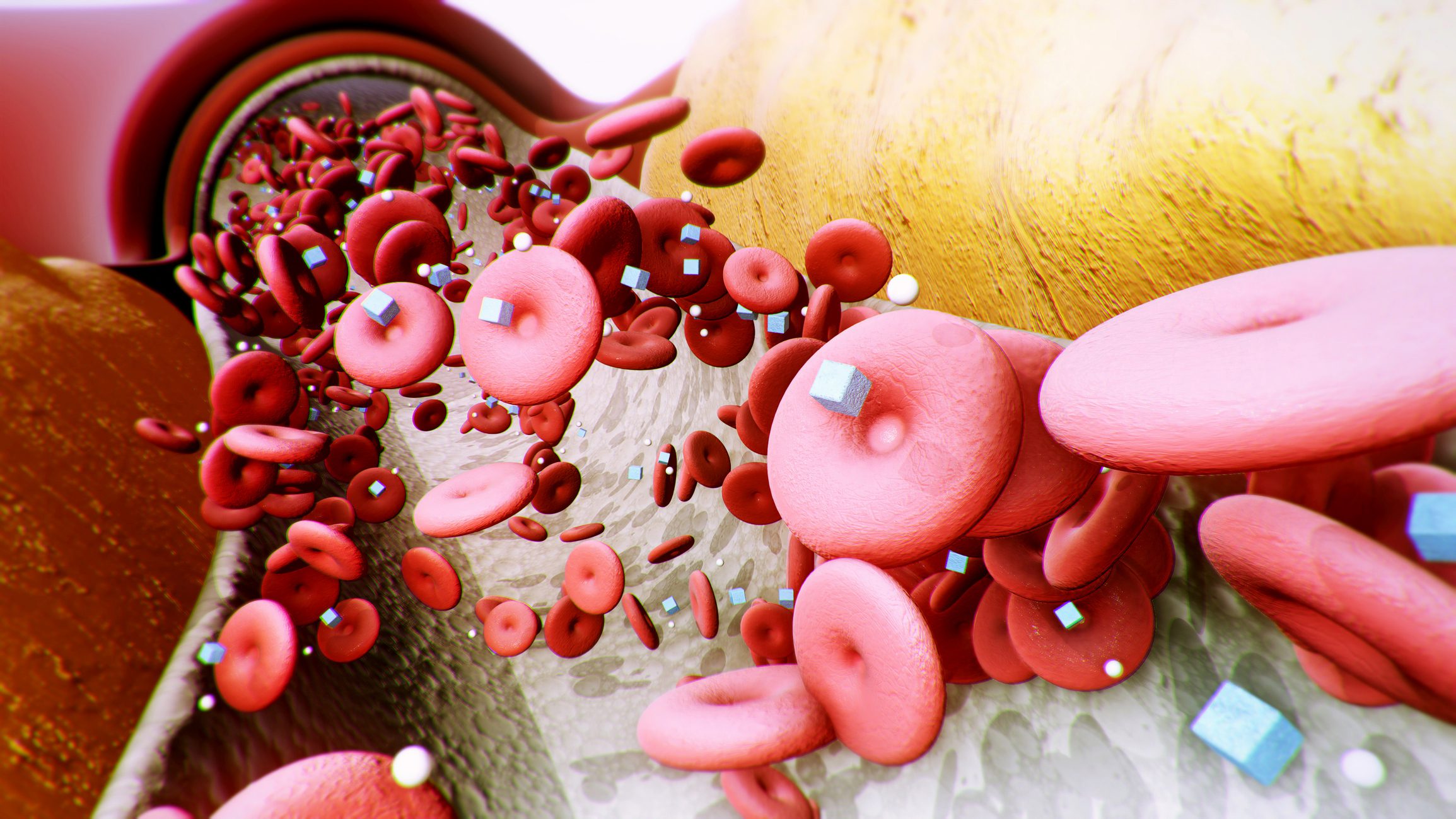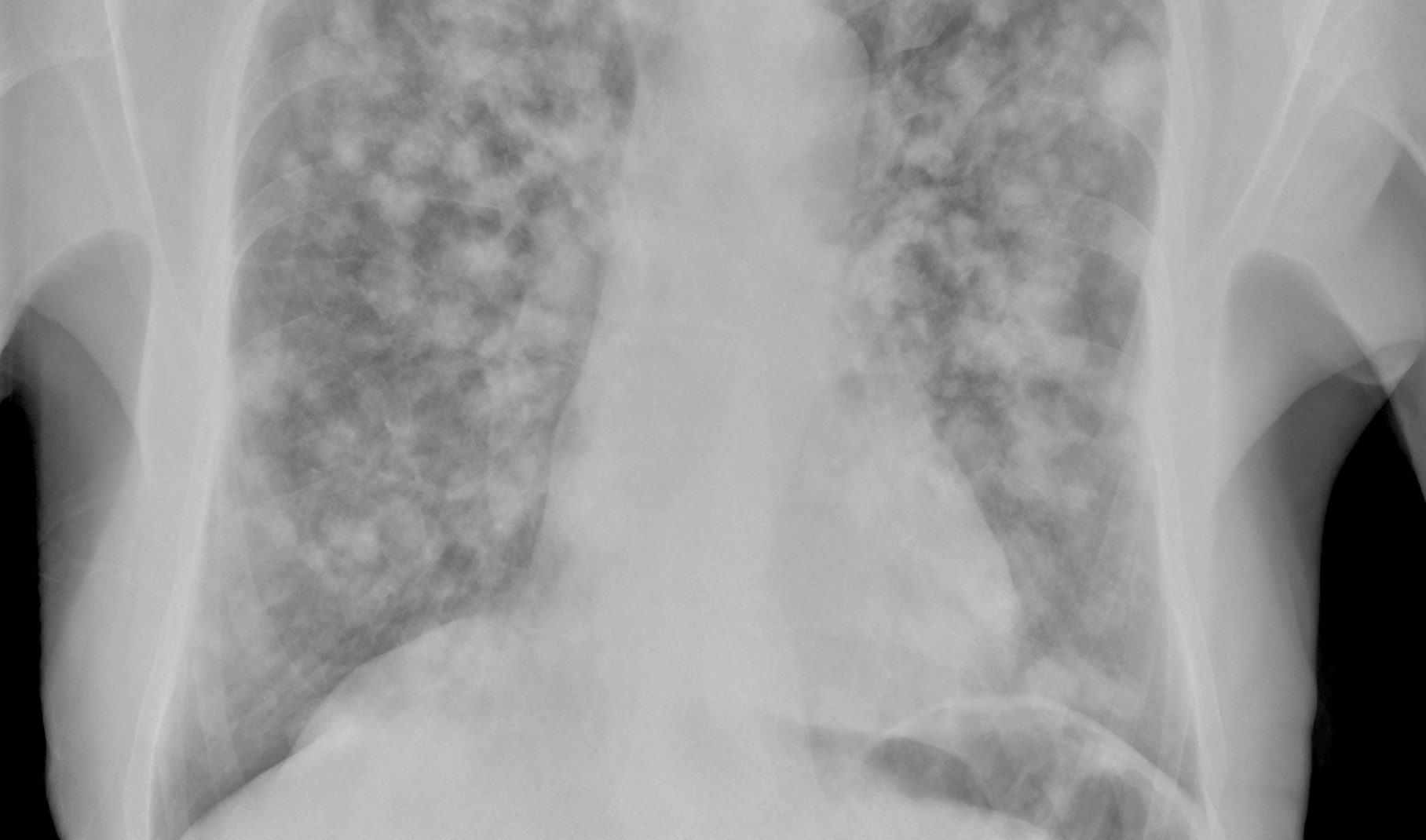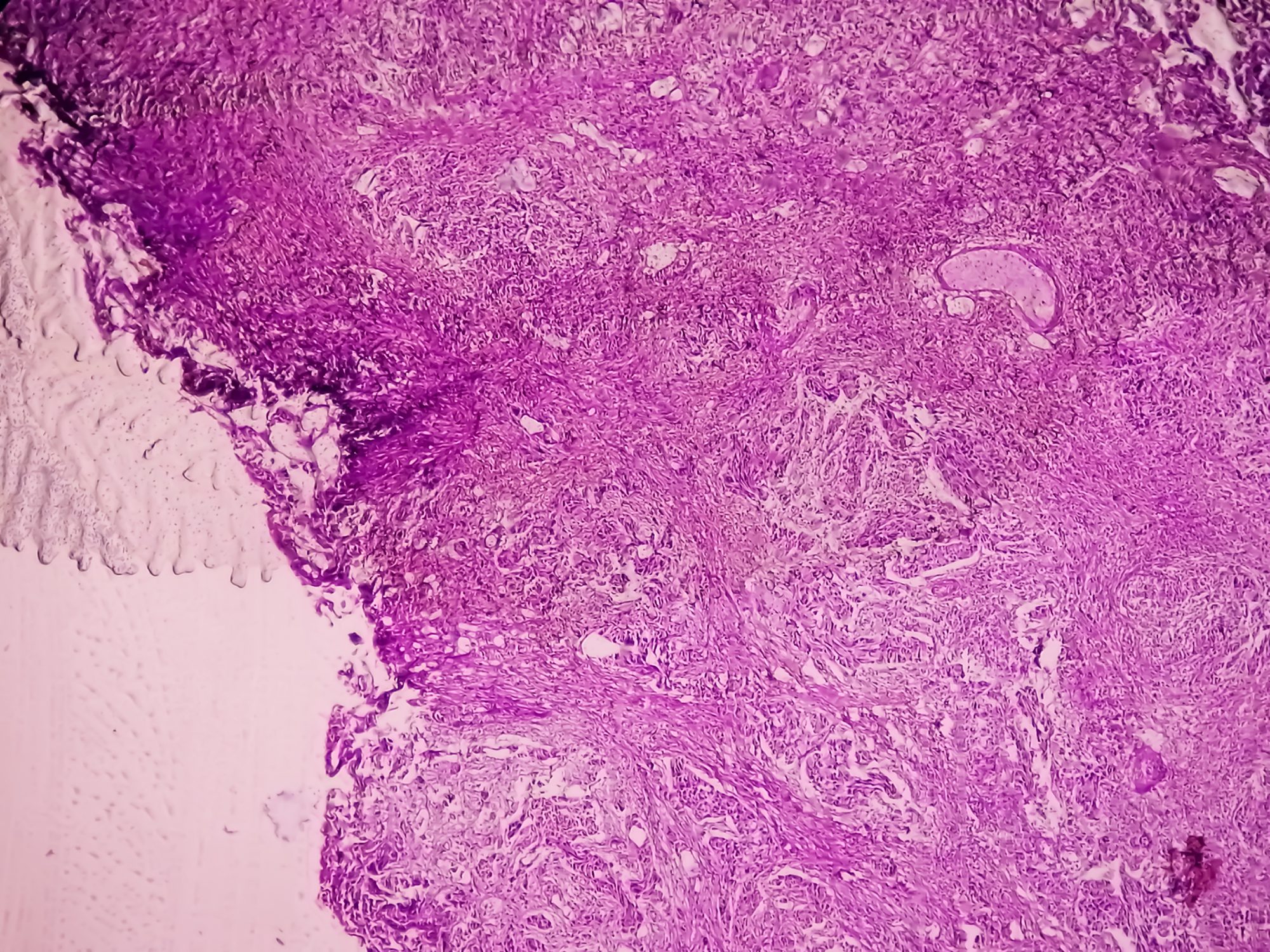Erythritol and xylitol are sugar alcohols that occur naturally in small quantities in berries and vegetables and are used as sweeteners in the food industry and can also be used by the pharmaceutical and cosmetics industries. When ingested as a sweetener, erythritol is quickly absorbed in the small intestine and excreted largely unchanged in the urine. In contrast, only 50% of xylitol is absorbed and metabolized in the liver, while the unabsorbed portion ends up in the large intestine. This partial absorption explains why the rapid ingestion of large amounts of xylitol can lead to osmotic diarrhea.
Autoren
- Prof. Dr. med. Bettina K. Wölnerhanssen
- PD Dr. phil. II Anne Christin Meyer-Gerspach
Publikation
- InFo DIABETOLOGIE & ENDOKRINOLOGIE
Related Topics
You May Also Like
- Case report: bronchobiliary fistula
Disguised as pneumonia
- Rehospitalization risk for cardiopulmonary diseases
Transition to the outpatient setting is crucial
- Telemonitoring
Home earlier: sensory T-shirt monitors vital functions
- Ginkgo biloba for mild dementia: new meta-analysis
Improvements in several domains relevant to everyday life
- From symptom to diagnosis
Dyspnea – Lung metastases
- Potential biomarkers for diagnostics, prognosis and therapy
Male infertility
- Artesunate in uro-oncology
Integrin modulation for the control of metastases in cisplatin-resistant bladder cancer
- Long-term study with dementia patients











